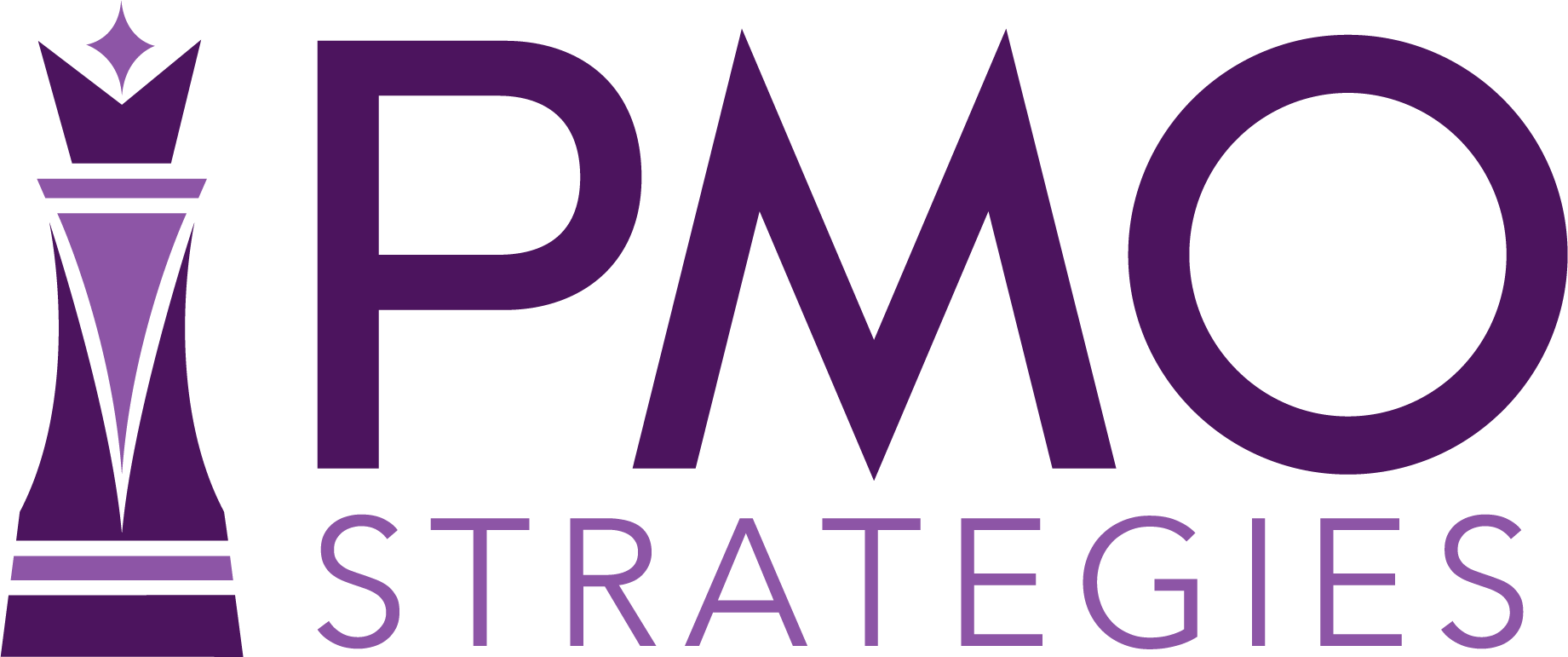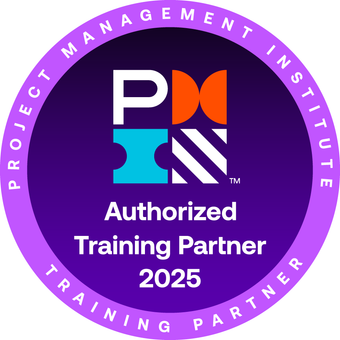Is the role of the PMO for decision makers clearly understood? PMOs have moved into areas of evolution, incorporating strategic alignment down to execution, providing lean mechanisms, and enhancing decision-making criteria for leadership. Yet, many PMOs still stagnate when it comes to getting business decisions.
Over and over again we hear that executives want the structure and value PMOs provide, even creating new PMOs in the organization. Portfolio managers create useful, and less burdensome, processes to derive the highest value work, ensuring execution capabilities through resource demand, value realization, and strategic alignment. But when asked to cancel, hold, or sequence the work differently, leadership is unable to provide the governance required to make those tough decisions.
How do we counteract this? What additional information is needed; who are the actual stakeholders that can help drive to decisions? Let’s talk about this with real world discussions.

PMI Talent Triangle: Power Skills
PDUs for this Course: 0.75
DEBORAH YATES

Deborah has over 20 years standing up different types of PMOs across multiple industries. She started her PMO journey at Chevron, incorporating value realization and prioritization. Through multiple tech companies, she ended up overseeing the implementation of PMO at Walmart, the Fortune 1 company, where size alone made for interesting challenges. Since then she has focused in the food retail and distribution sector, helping more immature organizations build and value the capabilities of portfolio management. She has a PhD and Masters in Information Science and a BSc Computer Science.



